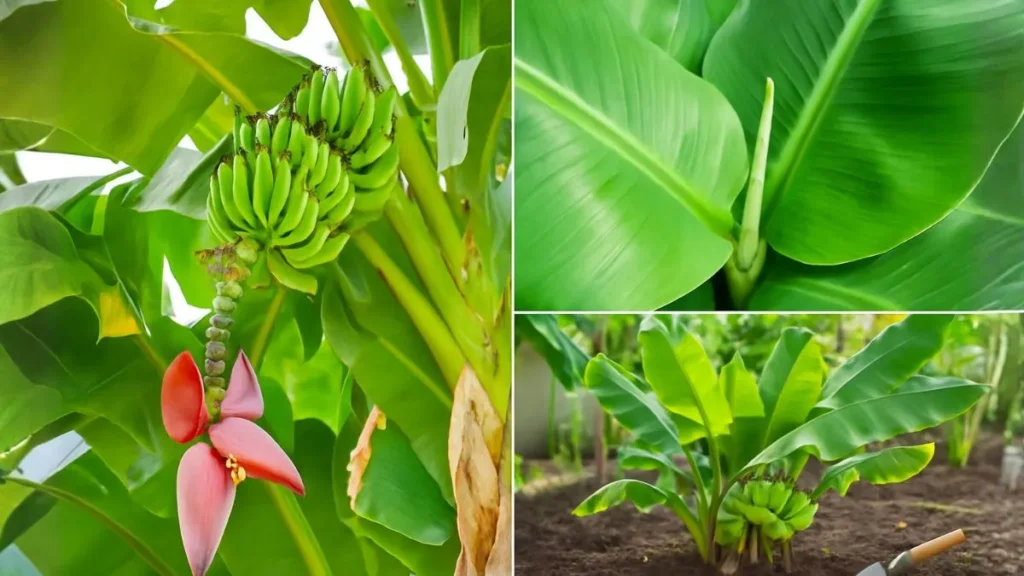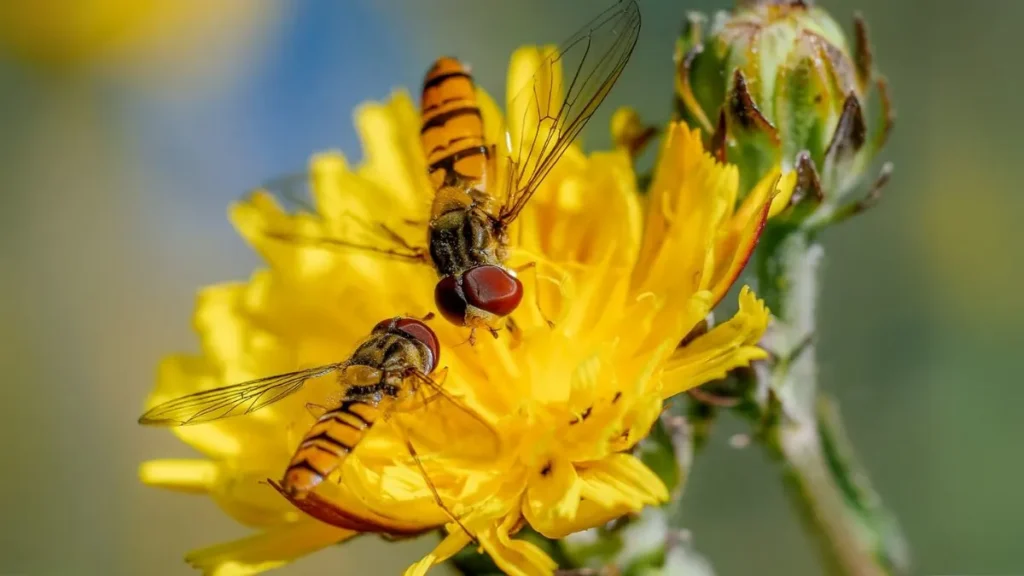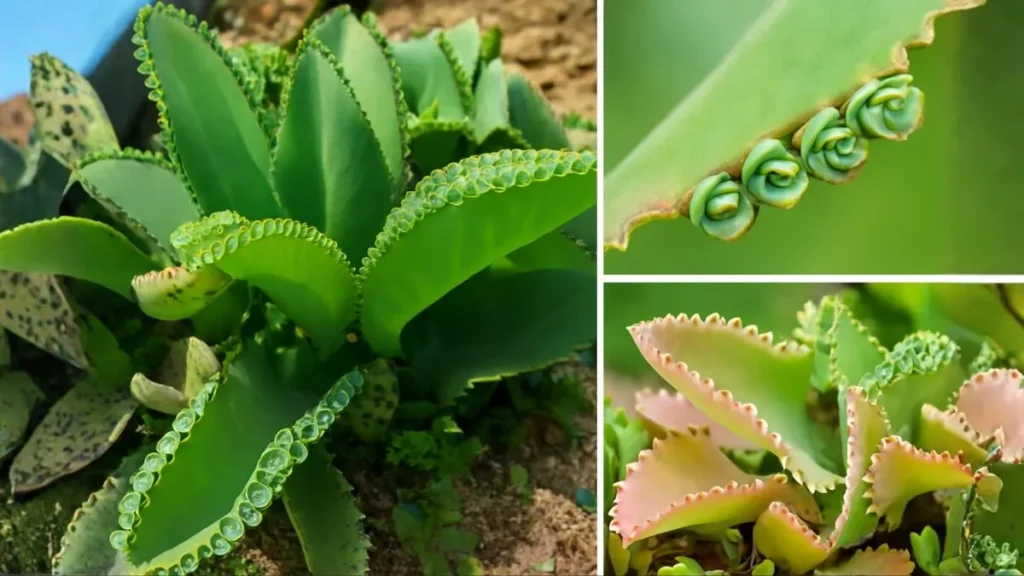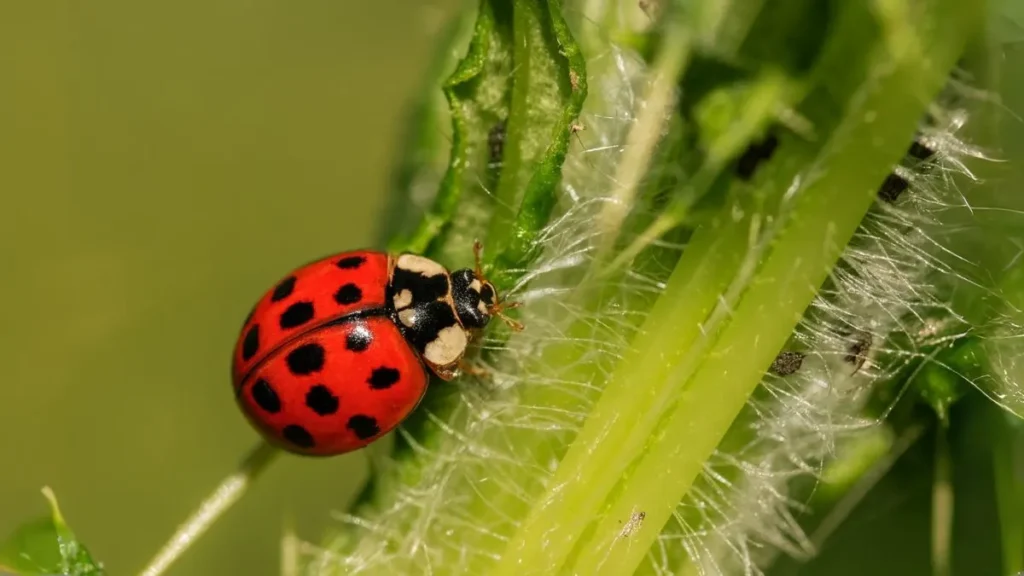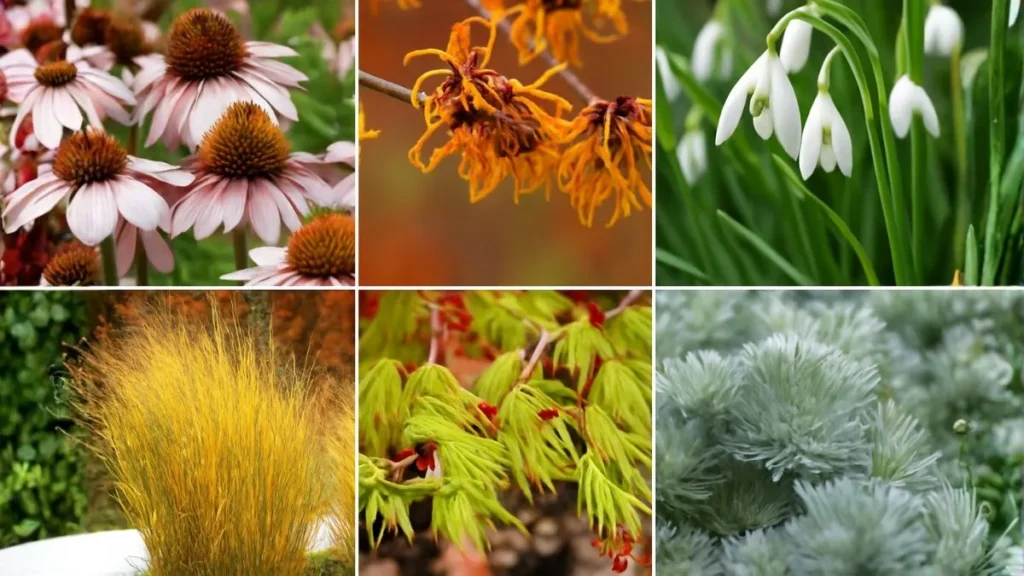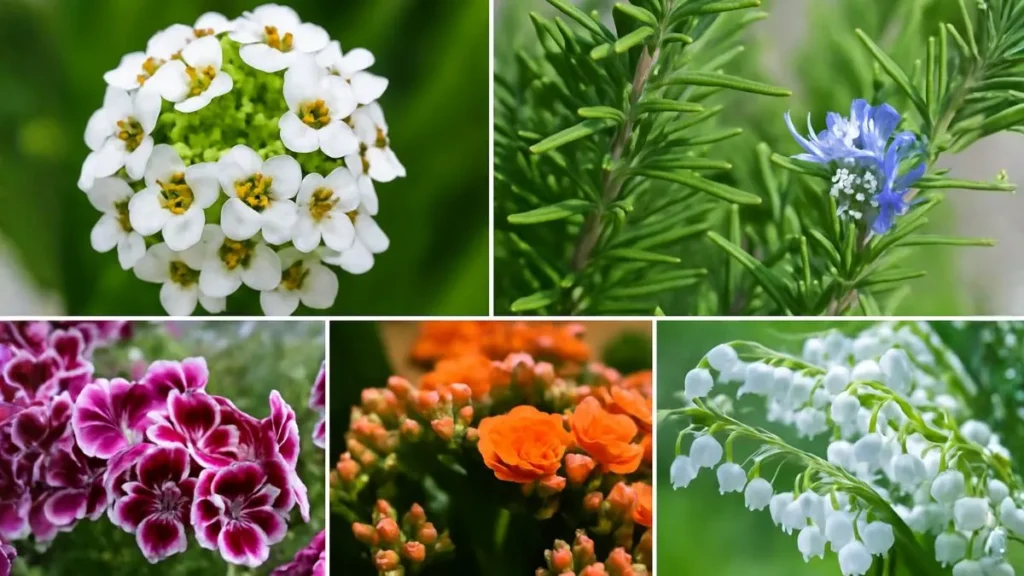There’s something magical about snipping fresh oregano leaves straight from your own garden. Not only is it one of the most flavorful herbs for pizzas, pastas, and Mediterranean dishes, but it’s also surprisingly easy to grow. Learning how to grow oregano from seeds is a rewarding project that anyone—from first-time gardeners in Canada or the USA to seasoned growers worldwide—can try.
In this guide, I’ll walk you through step-by-step instructions, including personal experiences, to help you enjoy a continuous harvest of this aromatic herb.
Why Choose Oregano?
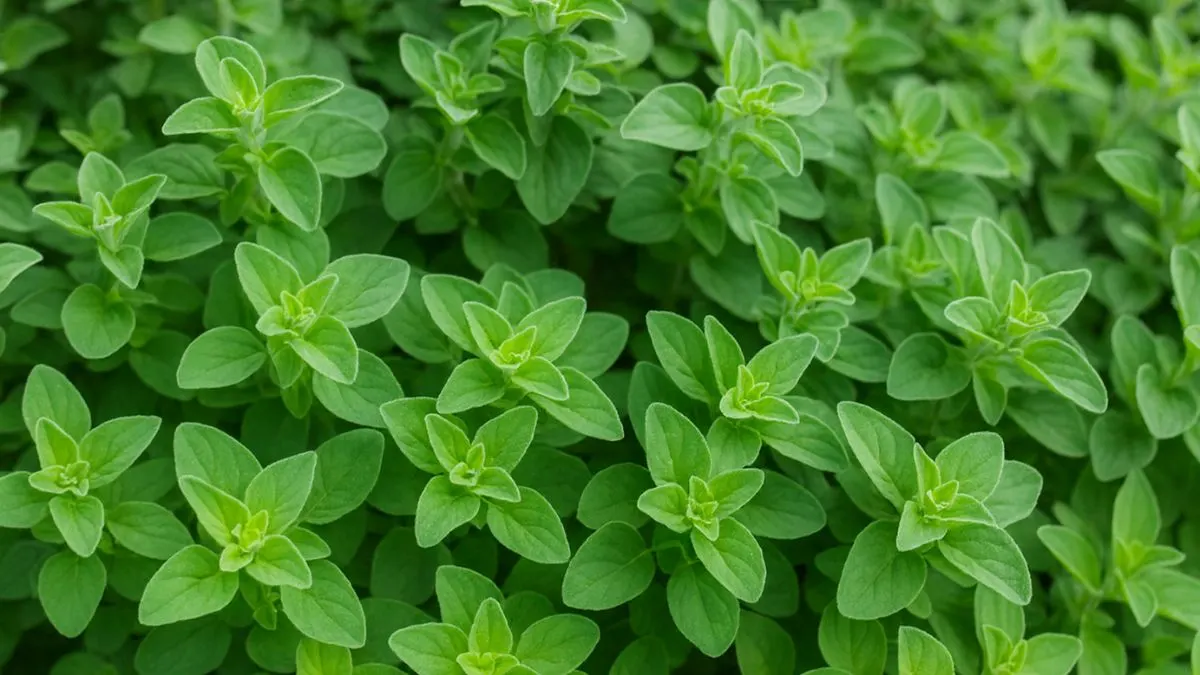
Oregano is more than just a kitchen staple:
- It’s a perennial in warmer regions, meaning it comes back year after year.
- It’s drought-resistant once mature, saving you watering time.
- Its strong fragrance repels certain garden pests naturally.
- Fresh oregano tastes far superior to the dried version you find in stores.
When to Plant Oregano Seeds
Timing is crucial. You can plant oregano seeds in the early spring and early summer depending on your climate.
- In colder regions like Canada, it’s best to plant seeds indoor before the last frost date, as early as February.
- In warmer areas like southern USA, you can sow directly outdoors once the danger of frost has passed.
This flexibility makes it a versatile herb that adapts well to different climates.
Also Read: Plant Terrariums 101: The Simple Way to Build a Mini Jungle
Step-by-Step: How to Grow Oregano from Seeds
Step 1: Preparing the Seeds
Start with high-quality oregano seeds. They’re very tiny—almost dust-like—so handle them carefully.
Step 2: Sowing the Seeds
The key to success is to sow fine seeds on the surface of a seed-starting mix, pressing them gently into the soil and providing light for germination. Its seeds need light to sprout, so avoid burying them too deep.
Step 3: Creating the Right Conditions
- Maintain a temperature of around 65–70°F (18–21°C).
- Mist the soil regularly to keep it moist but never soggy.
- Germination usually takes 7–14 days.
Light and Temperature Needs
Bright light is critical. Place the tray near a south-facing window or under grow lights. If you’re planting outdoors, choose a sunny spot.
Once established, it prefers:
- Warm daytime temperatures.
- Cooler nights that mimic Mediterranean conditions.
Soil and Watering
Oregano thrives in slightly alkaline, well-draining soil. Avoid heavy clay that retains water.
- Water lightly—oregano dislikes soggy roots.
- Once mature, reduce watering. Too much moisture can dull its flavor.
A tip from my own garden: I water every 4–5 days in summer, less in cooler months. This routine keeps my oregano bushy and aromatic.
Transplanting Seedlings
When seedlings are 2–3 inches tall, it’s time to transplant. Harden them off by gradually exposing them to outdoor conditions for a week. Then, plant them in containers or directly into garden beds.
Spacing: Place plants 8–10 inches apart to allow airflow and prevent mildew.
Also Read: This Flower Blooms Even in Frost—Meet the Magical Ice Plant!
Indoor vs Outdoor Oregano Growing
Feature |
Indoor Growing |
Outdoor Growing |
Light |
Needs grow lights or bright window |
Full sun (6–8 hrs) |
Watering |
Frequent monitoring |
Moderate, less frequent |
Convenience |
Easy kitchen access |
Higher yields in garden |
Seasonality |
Year-round |
Spring to early fall |
Caring for Oregano Plants
Once established, oregano is low-maintenance. Here’s a simple care checklist:
- Pruning: Regularly pinch back stems to encourage bushier growth.
- Fertilizing: Minimal feeding is required. A light compost once a month works well.
- Pests: Oregano’s fragrance naturally keeps pests away, though aphids can sometimes appear.
Harvesting Oregano
You can start harvesting once plants are 4–6 inches tall. For best flavor, pick leaves just before the plant flowers.
Drying it is easy too—simply tie stems together and hang them upside down in a dry, airy spot.
Common Mistakes to Avoid
- Planting seeds too deep (they need light to germinate).
- Overwatering seedlings.
- Failing to provide enough sun—it loses flavor in shade.
Personal Experience with Oregano
When I grew oregano for the first time, I underestimated its resilience. I started with a tiny tray indoors in February. By May, I had several healthy seedlings ready for my balcony garden. Within weeks, I was adding fresh leaves to homemade pasta sauces. The biggest surprise? How different the taste was compared to store-bought dried oregano—it was vibrant, peppery, and almost citrusy.
Also Read: Plant These Stunning Ixia Bulbs Now for a Summer Garden
Why Oregano Belongs in Every Garden
Whether you live in a suburban house or a city apartment, oregano is an easy, rewarding herb. It saves money, enhances your cooking, and looks beautiful in pots or borders. Plus, once you master in growing oregano from seeds, you’ll always have an endless supply at your fingertips.
Growing oregano from seeds may sound intimidating at first, but it’s actually beginner-friendly. Don’t hesitate to experiment with indoor and outdoor growing. Once you taste your own homegrown oregano, you’ll never go back to store-bought.
